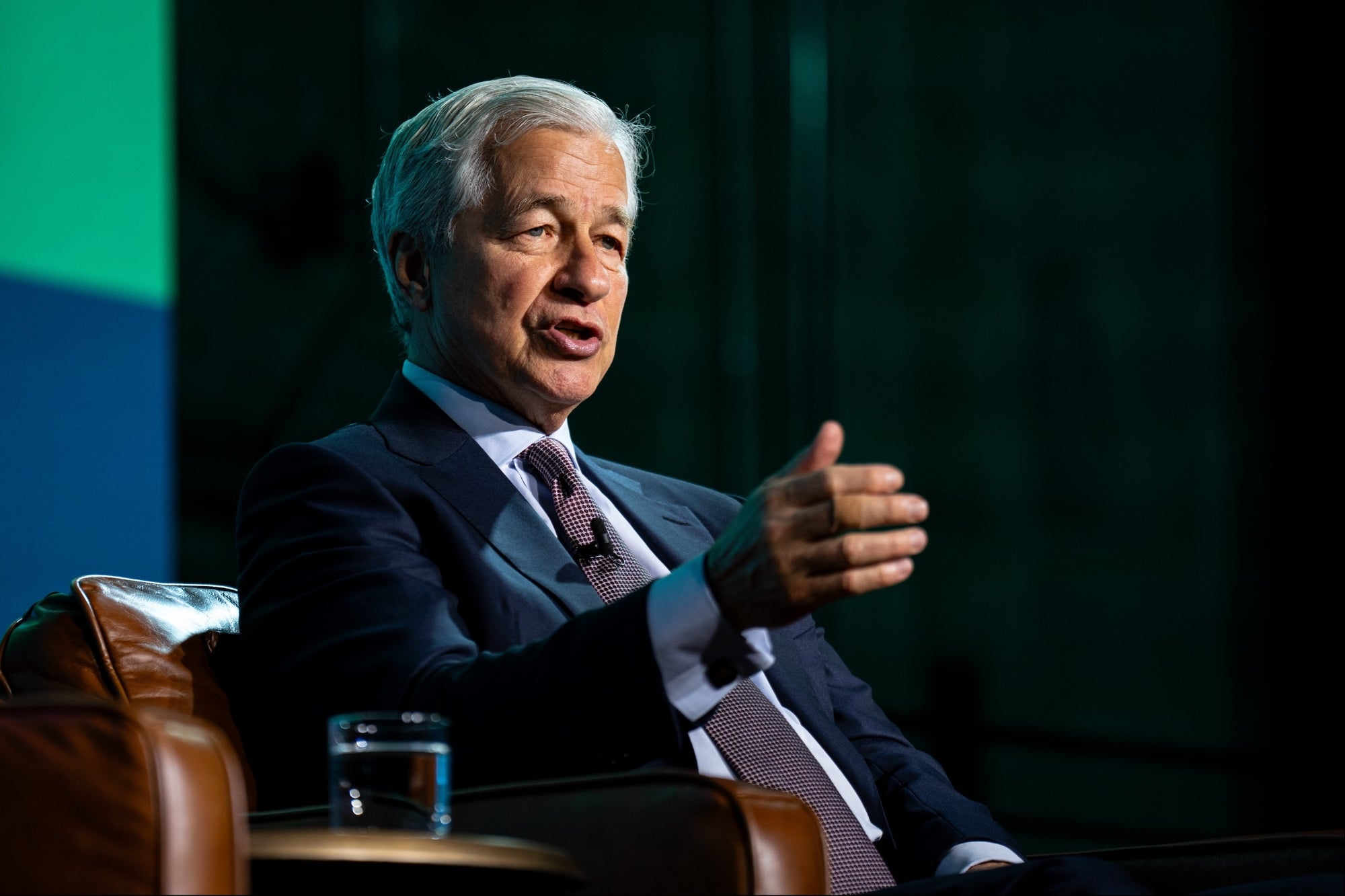This Buzzy Retirement Strategy Is Helping Young People Escape the 9-5 Before Becoming Millionaires — Here's How to Pull It Off The trend is popular on social media among Gen Z and millennial workers who need a break.
By Amanda Breen Edited by Jessica Thomas
Key Takeaways
- More than 57% of Americans believe they're behind on their retirement savings, per Bankrate.
- Many Gen Z and young millennial professionals are moving up their retirement timelines, even if temporarily.
The average age of retirement in the U.S. is 63 for women and 65 for men, according to recent research from financial services company Empower — a milestone several decades off for Gen Z and young millennial professionals.
What's more, for many people, saving enough money for a comfortable lifestyle in their golden years remains an elusive feat. More than 57% of working Americans think they're behind where they should be on their retirement savings, including 35% who feel significantly behind, per a 2024 Bankrate survey.
Related: Americans in These 5 U.S. States Might Fare the Worst in Retirement. How Do Your Numbers Compare?
That's perhaps not surprising given the lofty figure Americans consider the bare minimum for retirement: $1.46 million, according to a Northwestern Mutual study.
An alternative to reaching such a far-off, financially cumbersome goal? The increasingly popular "micro-retirement."
What is a micro-retirement?
A "micro-retirement," also known as a "mini-retirement," refers to career breaks during which people can pursue personal interests and goals, and potentially reconsider their professional aspirations.
"Micro-retirement is a great way for workers to balance their careers with their personal lives," Peter Duris, CEO and co-founder of AI career app Kickresume, says. "While some have ambitious career goals that see them climbing the ladder quickly, others have different priorities. Micro-retirement offers the freedom to explore those personal aspirations sooner rather than later."
Duris also points out that micro-retirement doesn't necessarily mean leaving the workforce forever — most micro-retirees will return to their careers "feeling refreshed" and "ready to jump right into a new role."
Related: How Much Money Do You Need to Retire Comfortably in Your State? Here's the Breakdown.
Where did the term "micro-retirement" come from?
The "micro-" or "mini-" retirement strategy is sweeping social media and gaining ground with Gen Z and young millennial professionals, but the concept of strategically-timed career breaks isn't a new one.
In The 4-Hour Workweek: Escape 9-5, Live Anywhere, and Join the New Rich, first published in 2007, American entrepreneur and investor Timothy Ferriss poses a question on the minds of many young workers today: "What if you could use a mini-retirement to sample your deferred-life plan reward before working 40 years for it?"
Related: Early Retirement vs. Delayed Retirement: Which Is Right for You?
Ferriss's mini-retirement strategy involves regular travel. "I currently take three or four mini-retirements per year and know dozens who do the same," he writes. "Sometimes these sojourns take me around the world; oftentimes they take me around the corner —Yosemite, Tahoe, Carmel — but to a different world psychologically, where meetings, e-mail and phone calls don't exist for a set period of time."
In a recent survey from global outplacement and career development firm Careerminds, 26% of micro-retirees said their top goal would be travel and exploration, while 23% were motivated by health and wellness.
How can you pull off your own micro-retirement?
The best time to micro-retire is when you're ready to leave your current job and tackle a new experience, according to Duris — but adequate planning and preparation will go a long way.
Employees embarking on micro-retirement should make sure they save enough money for their time away and post-hiatus job search, have a clear sense of what they'd like to do during micro-retirement and upon their return, and refresh their resumes with any skills gleaned from the break, Duris suggests.
Related: Retiring at 27: Ambitious, Lazy or Crazy?
"Although this way of working and living might sound stressful, it offers the chance to experience the best of both worlds," Duris says. "Putting your career on hold doesn't have to be a bad thing. It can give young people the chance to do things that grow their confidence and help them learn more about themselves."











